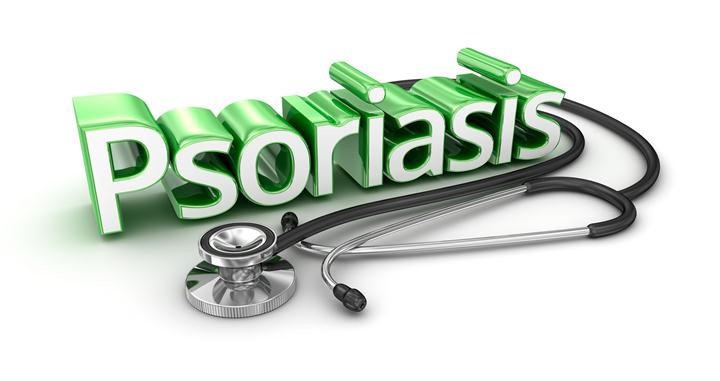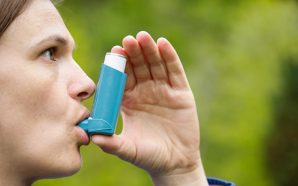Plaque psoriasis is an inherited or genetic inflammatory disease. Approximately 2% of America’s population suffers from Psoriasis. Of the 2%, 90% suffer from plaque psoriasis. Psoriasis is caused by an immune system malfunction and results in red, swollen skin. Patients will see effects of the disease mainly on (but not limited to), the scalp, elbows, and knees. Patients will most likely see symptoms between the ages of 16 and 22 years.

Source: Thinkstock/PositiveFocus
The main problem associated with this disease is that it can go undiagnosed for a long time. The appearance of skin problems with phenol-typical disparities and variations in degrees of harshness are the most common signs. About 80% of patients suffer from mild Psoriasis, while the other 20% suffer more severe psoriasis symptoms.
Plaque Psoriasis Treatment
It is very important to note that plaque psoriasis is not curable. Psoriasis can go into remission for a time, but symptoms can still return. The occurrence of this disease is often closely related to an environmental or a psychological trigger such as stress or even air conditioning. These factors are unique to certain patients and can complicate the course of plaque psoriasis treatment.
Psoriasis is incurable, so doctors and physicians treat plaque psoriasis based on the degree of its severity. Patients with a mild degree of the disease can avail of topical treatments. Patients with more severe symptoms, use comparatively more expensive systemic and also hazardous techniques of treatment.

Source: Thinkstock/Suze777
Easy Home Remedies For Treating Plaque Psoriasis
For mild conditions of the disease, treatment becomes easy as a lot of home remedies can be applied.
-Many creams such as 1% hydrocortisone cream and other topical steroids are safe to be applied in order to suppress mild symptoms of the disease.
-Tar is a highly beneficial medication for plaque psoriasis. The gunky by-product formed out of oil extracts helps in treating mild plaque psoriasis conditions. Tar is available in many forms including ointments, and also shampoos, which can help ease scalp irritation.
-Sunlight is another naturally occurring remedy for plaque psoriasis. Optimum sun-bathing (without sunburns) can prove to be super beneficial in controlling psoriasis. It is advisable for plaque psoriasis patients to expose themselves to the sunlight at times when the weather is tolerable. Or in some cases to use tanning beds with UV rays (at a minimum rate).
-Healthy adequate diet without allergy-causing food helps to reduce the disease.
Other than the above, phototherapy, climatotherapy, stress reduction exercises, salicylic acid, moisturizers and keratolytic can help in easing plaque psoriasis, as they contain urea.
Patients should know that it can be difficult for sunlight and topical plaque psoriasis medications to penetrate through the scaly layers of the skin. Patients should, therefore, remove these scales using gentle exfoliation techniques. Psoriasis sufferers form tiny cutaneous vessels directly under the scales of the skin. Exfoliating can sometimes cause bleeding, hence, exfoliating gently and carefully.
Other Plaque Psoriasis Treatments Include
-Topical Calcipotriol cream containing vitamin D3 derivative is used to reduce inflammations.
-Methotrexate is a very effective treatment, but the effects can have a limited timespan.
-Cyclosporine is often prescribed as a treatment over a period of 3 to 6 months.
-A transition from conventional therapy to an organic agent might also reach better results.
-The combination of two or more therapies is very useful in some cases. Continuous therapies are an easy way to increase chances of a good result.
-Switching from one drug treatment to another can increase the chance of ideal results too.
-Ultraviolet light, when administered in a physician’s office can be very effective.
New plaque psoriasis treatment options are always being developed. Medications called ‘biologics’ have recently become available. These products contain proteins and are highly effective. Patients with psoriasis are sometimes obese and have arthritis and some other cardiovascular diseases. It is necessary to undergo treatment against the disease as it might lead to greater problems if neglected for a long time. Treatment at its mild stage might help to pacify or suppress the disease while treatment at a more severe stage will at least diminish the adverse effects of the disease, if not completely cure it.
Featured Image Source: Thinkstock/© alex-mit








